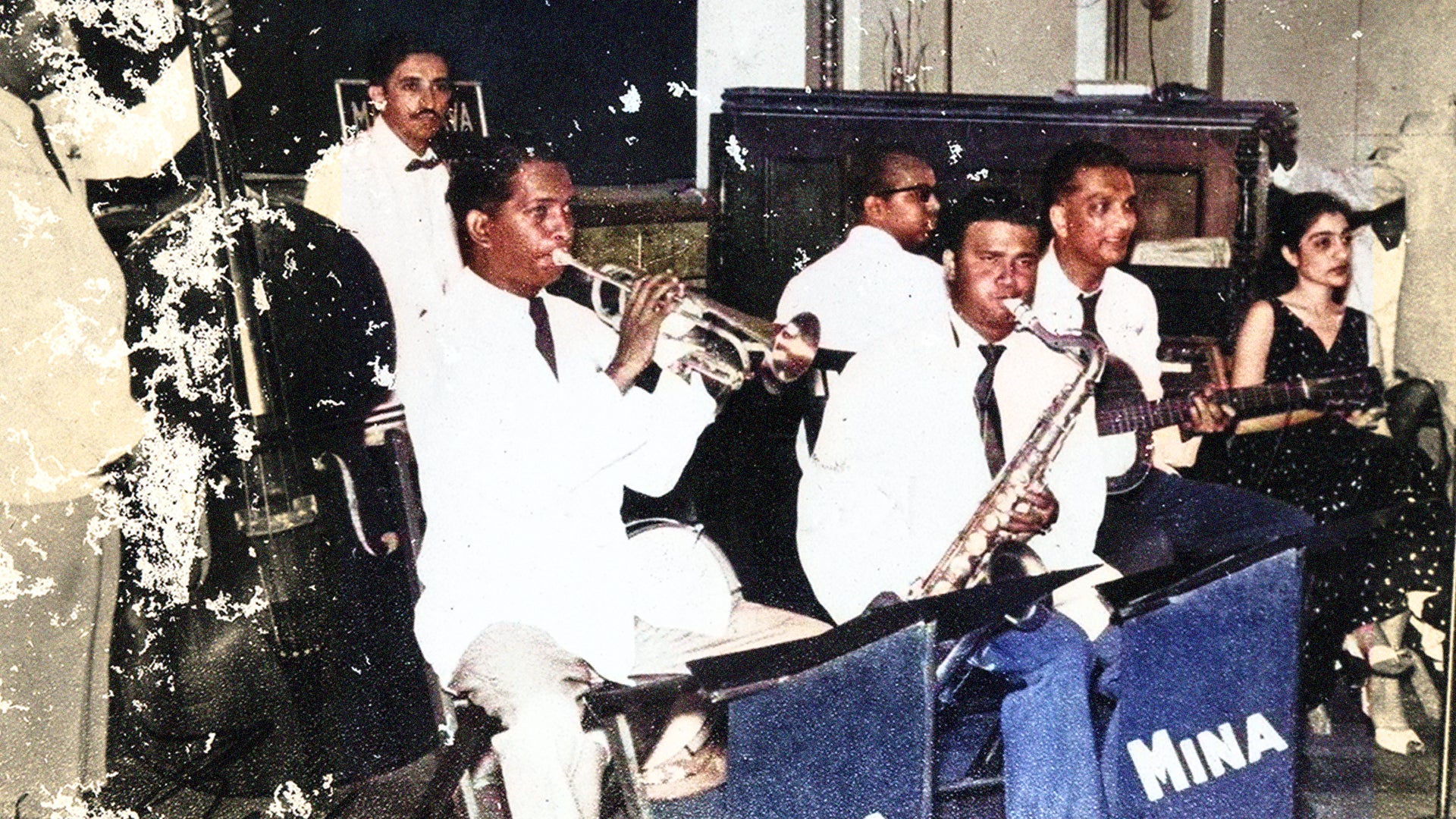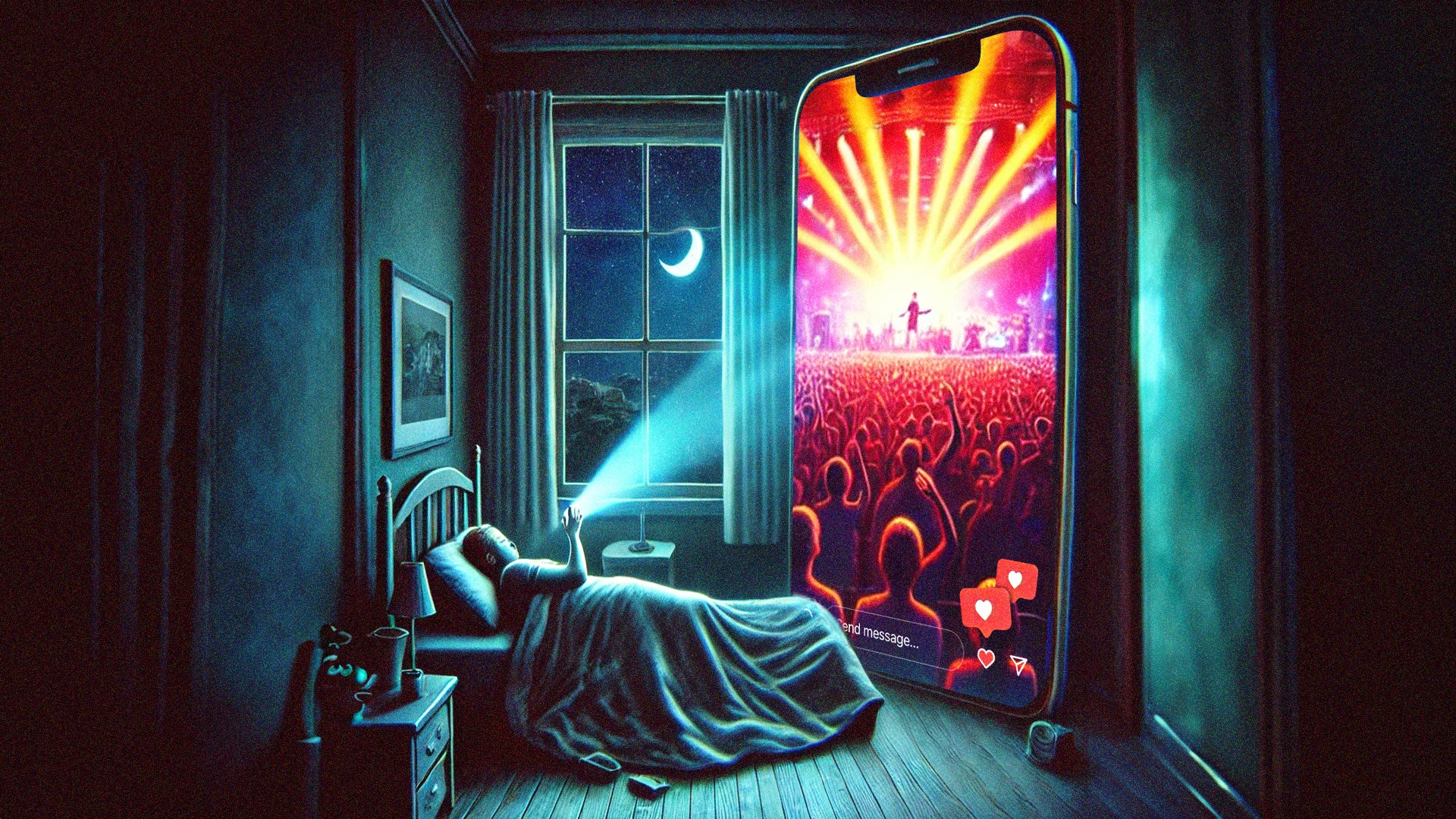The Diss Track Before Dissing Was "Cool"
·

·
While the Kendrick vs Drake feud has simmered down, let’s revisit one of the earliest “diss” tracks predating the era when diss tracks became a trend (and that too as an intragroup phenomenon)!
“I’ll follow you down ‘til the sound of my voice will haunt you / You’ll never get away from the sound of the woman that loves you.”
The image skews post-apocalyptic: Nicks is singing the climactic lines to Buckingham, her eyes scorching holes into his soul with a knowingness that she had written the lyric 20 years before, and still meant it.
In the late 1970s in Maryland, USA, Stevie Nicks and Lindsay Buckingham were driving down the freeway, as they did in the early days of constant touring. As they drive, Nicks is taken by a sign.
The sign says “Silver Spring,” named for a nearby “edge city” in Montgomery County, close to Washington, D.C. The name sticks with her. Silver Spring, Silver Spring, Silver Spring and then… Reflecting on the moment in 1998, she said, “Silver Springs sounded like a pretty fabulous place to me,” remembering the drive from two decades ago. “You could be my silver springs…” is symbolic of what you could have been to me.
Those words became Fleetwood Mac’s “Silver Springs,” a break-up song Nicks wrote about her passionate and tumultuous relationship with guitarist and singer Buckingham, which began back in high school.
The song was meant to be part of their seminal 1977 album Rumours, but was vetoed by the band for being too long. “I was so genuinely devastated…because I loved the song and it was one of the Rumours songs,” Nicks later told MTV in 1997. “So I never thought that ‘Silver Springs’ would ever be heard of again. My beautiful song just disappeared.”
But disappear it did not — at least not in the way she thought it might. In 1997, the band performed the song at Warner Bros. Studio during The Dance tour, and it quickly became a sensation, winning a Grammy Award for Best Pop Performance.
The song hits as hard today as it ever did. But there’s something very 2020s in the romanticizing of all this drama and pain, the pure “main character energy” required to take an on-again, off-again toxic relationship and somehow make it mythic.
“I’ll follow you down ‘til the sound of my voice will haunt you / You’ll never get away from the sound of the woman that loves you.”
The image skews post-apocalyptic: Nicks is singing the climactic lines to Buckingham, her eyes scorching holes into his soul with a knowingness that she had written the lyric 20 years before, and still meant it.
In the late 1970s in Maryland, USA, Stevie Nicks and Lindsay Buckingham were driving down the freeway, as they did in the early days of constant touring. As they drive, Nicks is taken by a sign.
The sign says “Silver Spring,” named for a nearby “edge city” in Montgomery County, close to Washington, D.C. The name sticks with her. Silver Spring, Silver Spring, Silver Spring and then… Reflecting on the moment in 1998, she said, “Silver Springs sounded like a pretty fabulous place to me,” remembering the drive from two decades ago. “You could be my silver springs…” is symbolic of what you could have been to me.
Those words became Fleetwood Mac’s “Silver Springs,” a break-up song Nicks wrote about her passionate and tumultuous relationship with guitarist and singer Buckingham, which began back in high school.
The song was meant to be part of their seminal 1977 album Rumours, but was vetoed by the band for being too long. “I was so genuinely devastated…because I loved the song and it was one of the Rumours songs,” Nicks later told MTV in 1997. “So I never thought that ‘Silver Springs’ would ever be heard of again. My beautiful song just disappeared.”
But disappear it did not — at least not in the way she thought it might. In 1997, the band performed the song at Warner Bros. Studio during The Dance tour, and it quickly became a sensation, winning a Grammy Award for Best Pop Performance.
The song hits as hard today as it ever did. But there’s something very 2020s in the romanticizing of all this drama and pain, the pure “main character energy” required to take an on-again, off-again toxic relationship and somehow make it mythic.






Comments